11 Books on Capitalism
A tweet recently ran around on my corner of social media (through screenshots mostly, making it impossible to track how popular this tweet actually was) that perfectly encapsulates my experience with contemporary capitalism (and the books on capitalism we’ll be discussing):
New York City is one of the most expensive cities in the world, so this is a pretty common experience where I live. However, I think this tweet also captures a shared frustration. Soaring prices for COVID tests, high electric bills, the coming commoditization of water: all of these are issues brought about by capitalism. It’s possibly a tired joke to say we’re living in the worst version of a 1950s science fiction novel, but that’s how it feels sometimes.
Understanding the history of capitalism and debunking it is a necessary process. We should not expect to be perfect in pursuit of conscious capitalism or even anti-capitalism. We live in such a heavily monetized world that it is impossible to completely divorce oneself from the money system. Even if you wanted to live in a cabin in the woods on your own grown food, you might have to spend money at some point to buy materials to build. If you were able to do it through reclaiming items that were thrown away unnecessarily, that would be great. It would just be incredibly difficult and you would probably be fined for siphoning water or other natural resources that have been monetized.
Participating in society does not mean we can’t critique it. The thinkers in this list of books about capitalism see criticism and resistance as a necessary part of living in the world today.
Reading Through Books On Capitalism
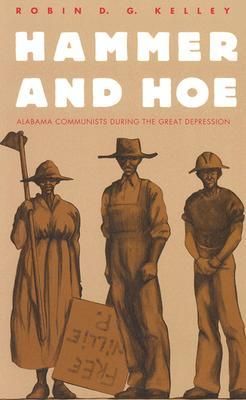
Hammer and Hoe: Alabama Communists During the Great Depression by Robin D.G. Kelley
The Alabama Communist Party is an amazing political movement that I didn’t know about until very recently, and now I believe it should memorialized everywhere. At the onset of the Great Depression, the Alabama Communists had a diverse set of members, though many of them were Black. They organized for voting rights, legal protections against racism, equal pay for women, and many other radical propositions. They were not well-liked in Alabama and suffered constant violence, but their history is a fascinating moment of resistance to capitalism and successful political organizing.
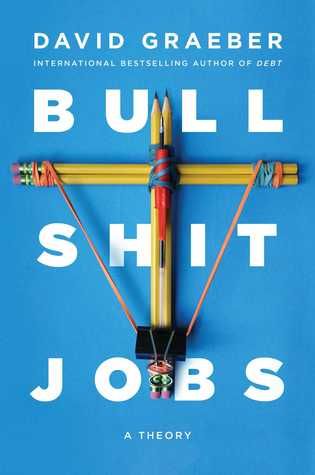
Bullshit Jobs: A Theory by David Graeber
Recently, a comedian I went to see asked the audience if they only “sent emails for a living,” and I couldn’t help but think of the depressing theory from David Graeber about bullshit jobs. A lot of work these days feels like pointless paper-pushing: work for the sake of work. Graeber argues that the meaninglessness so many of us feel at work is a kind of torture. Instead of chugging along in the engine of capitalism, Graeber advocates for a radical shift in values towards creativity and care.
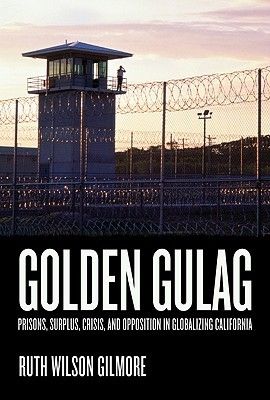
Golden Gulag: Prisons, Surplus, Crisis, and Opposition in Globalizing California by Ruth Wilson Gilmore
Prisons are a force of capitalism that attempt to be as unseen as possible. With a local focus on the incredibly diverse state of California, Ruth Wilson Gilmore attempts to explain the massive growth of the prison population despite a drop in the crime rate. Gilmore has to bring in many threads of contemporary society to explain the exponential rise of the prison population, and capitalism and the exploitation of labor are huge components of her argument.
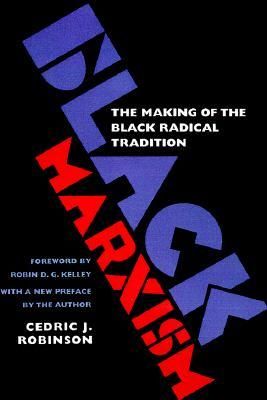
Black Marxism by Cedric Robinson
If you want to get into the nitty-gritty of slavery as an exploitative tool in the history of capitalism, this is the book for you. Robinson also goes through the history of Black radical movements, in concert with the rise of Marxism in Europe, that affected the development of capitalism in the U.S. In 1983, Robinson argued heavily against Marxism’s limits as a Eurocentric philosophy and tried to drag it into the 20th century with Black scholars like W.E.B. Dubois and C.L.R. James.
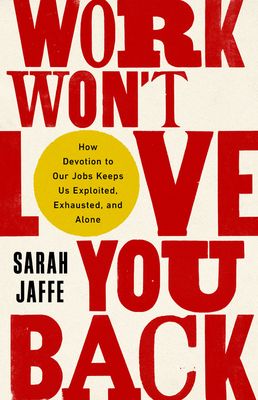
Work Won’t Love You Back: How Devotion to Our Jobs Keeps Us Exploited, Exhausted, and Alone by Sarah Jaffe
In the midst of the Great Resignation, it must be clearer to many that jobs are not the end-all, be-all of our existence. Sarah Jaffe makes a powerful argument against workplaces that present themselves as families, or encourage employees to work for less because the work they’re doing is seemingly important. Exploitation of passion has led to a tyranny of work over our lives. This rule of work forces us to feel we need to be productive in all areas. Finding yourself outside of labor is the most important step.
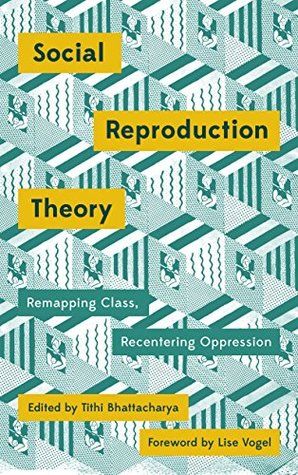
Social Reproduction Theory: Remapping Class, Recentering Oppression (Mapping Social Reproduction Theory) Edited by Tithi Bhattacharya
Instead of the larger effects of capitalism, this collection seeks to understand the daily struggles of living under a capitalist regime through explorations of healthcare, reproductive rights, racism, education, gender, and more. Understanding the many aspects of the struggle against exploitative capitalism is crucial for anyone who wants to integrate these issues into their daily conscious or anti-capitalist activities.
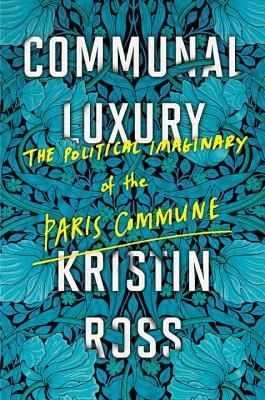
Communal Luxury: The Political Imaginary of the Paris Commune by Kristin Ross
Sometimes, imagining the future requires us to look back at the past. The Paris Commune in 1871 was an insurrection against the government that lasted two months in the center of Paris, after major political upheaval with the fall of Napoleon III. Parisians who joined the commune were united in their fear of the restoration of the monarchy and their determination to redefine the boundaries of art and education. Ross outlines the various philosophies that undergirded this movement and followed the participants after the end of the commune.
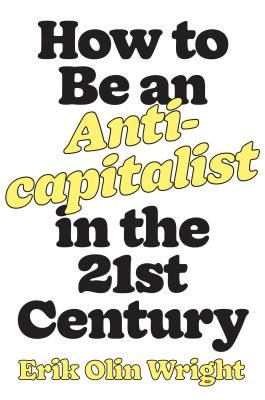
How to Be an Anti-capitalist in the 21st Century by Erik Olin Wright
Even though it feels like every moment of the day is commoditized and monetized for capitalist productivity, Wright argues that there are still ways to resist the over-arching system of capitalism that dominates everyday life. First, Wright defines the problems that capitalist domination is creating to support his arguments about what socialist structures can improve society. He doesn’t argue that ideological purity is the only thing that can fix what’s wrong, but that there are methods of resistance to more consciously engage with capitalism.

A Planet to Win: Why We Need a Green New Deal by Kate Aronoff, Alyssa Battistoni, Daniel Aldana Cohen, and Thea Riofrancos
Starting from the book’s argument, we are in a climate emergency and there is no more time to waste. The writers make a strong case for the Green New Deal to curb the aggressive, earth-destroying actions of oil companies, technology giants, and wasteful clothing manufacturers. There are so many issues that the Green New Deal seeks to address, but implementing renewable energy solutions and popular initiatives like better public transit to deal with the climate emergency we’re facing is a major focus.
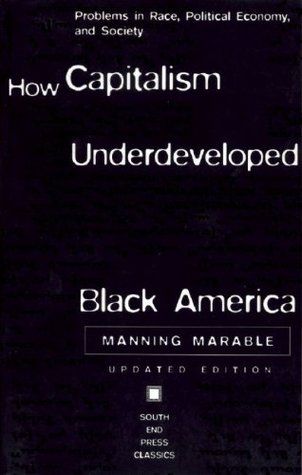
How Capitalism Underdeveloped Black America: Problems in Race, Political Economy, and Society by Manning Marable
On the historical side, Manning Marable outlines the multi-faceted ways capitalism works to disenfranchise the Black community. Segregation and racial bias within the working class discourage meaningful working class organizing against the bosses, while societal forces outside the working class (like police bias and the prison industrial complex) further oppress Black people in the U.S. Marable makes such a far-reaching argument about Black history and civil rights from the 17th century to now that it’s impossible to argue against the massive societal change he suggests.
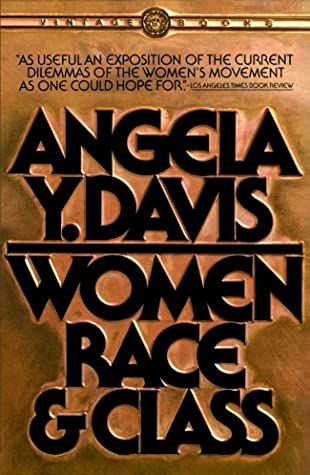
Women, Race and Class by Angela Y. Davis
Angela Davis is the largest voice in understanding the dynamics of race and capitalism for good reason. This book tackles the racist and classist biases of the leaders of the suffrage movement, and how that refusal to build coalitions damaged the collective power of feminism overall. In terms of contemporary capitalism, Davis explains how the class biases affected the current issues faced by domestic and childcare workers. She argues that, in addition to racism, capitalist divisions of class were detrimental to a truly universal feminist movement.
Knowledge is Power
Reading books on capitalism is a good place to start for questioning what we’ve taken for granted in the past. Calls for nationalized healthcare and better childcare support have become more widespread throughout the pandemic because the costs have become so debilitating. Even if you support capitalism and believe it can lead to a better world, understanding the unbearable problems it creates for much of the population is vital for improving society somewhat.
Also, I would like to thank my thought partner Kit (an academic and the editor of Mouse Magazine among many other accomplishments) for her advice on this article.
If you want to dig deeper into some of the issues that intersect with capitalism, try delving into books about antiracism, climate change, fiction about capitalism, and general world history.

إرسال تعليق
0 تعليقات